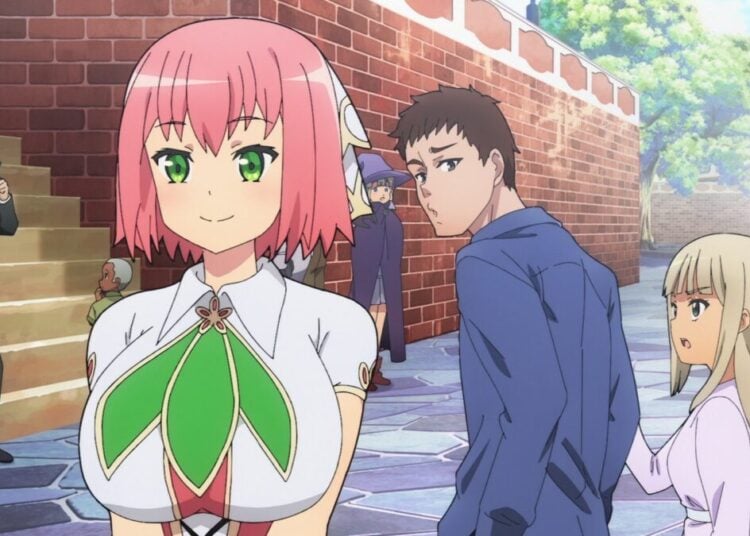Florida is getting pummeled by Hurricane Katrina, but Japan just got walloped by Typhoon No. 11, which dumped tons of water on the country before heading out to sea this morning. I was in Tokyo for the day but decided to cut my trip short and head home, lest the rain and high winds cause Japan’s train system to shut down, stranding me. As summer winds down, Japan will enter its typhoon season proper, and we can expect to see one or two every week (shudder).
J-List is based in Gunma, located in the center of Japan’s main island of Honshu, about 100 km from Tokyo. It’s small — just a little larger than Delaware — but has more than 2 million residents, mostly spread throughout the major cities of Maebashi, Takasaki, Isesaki and Ota. I like my prefecture a lot — we have access to Tokyo via normal train and Shinkansen, yet we don’t have to endure the pressures of usagi-goya (rabbit hutch) living in Japan’s capital, and mountains and skiing are just a short drive away. Currently, Gunma is enjoying center stage on NHK, Japan’s public television network. In addition to creating such varied works as samurai dramas (Yoshitsune, Shinsengumi), anime series (Cardcaptor Sakura, Nadia) and cute characters (Domo-kun), NHK broadcasts a popular daily drama for 15 minutes each day. The current 15-minute drama is called Fight!, the story of a headstrong girl (Yu-chan) and the troubles her family endures when her father’s company goes bankrupt. Since the drama is based in Gunma, people here are bursting with pride at being seen from all over the nation.
Japan is a unique country, truly an island nation among the other nations of the world. Often, the joshiki (joh-SHKI, meaning “common sense”) that operates in the U.S. and Europe just doesn’t function the same way here. First of all, the way products are priced in stores defies my humble gaijin’s logic — when you see a can of beer on sale for 200 yen, you know instinctively that a six pack of the same beer will cost you 1200 yen, with no discount for buying bulk. Sometimes two sizes of canned coffee are sold in the same vending machine, for the same price, and many Japanese choose the smaller can. Because products such as books and CDs are sold at list price, the laws of supply and demand are often stifled as the prices of products that are less popular can’t fall below list price to meet the matching level of demand. Finally, it’s a given that many industries will function with very low efficiency here, even in this modern Internet-enabled world we live in. I’m currently reading the weekly re-issue of manga classics Touch and Miyuki, and when I missed buying an issue in the stores, I called the company’s back issue hotline to find out how to get the one I missed. It turns out that I have to go through a laborious method of wiring money to them through a bank, since they have no website and don’t accept credit cards.















